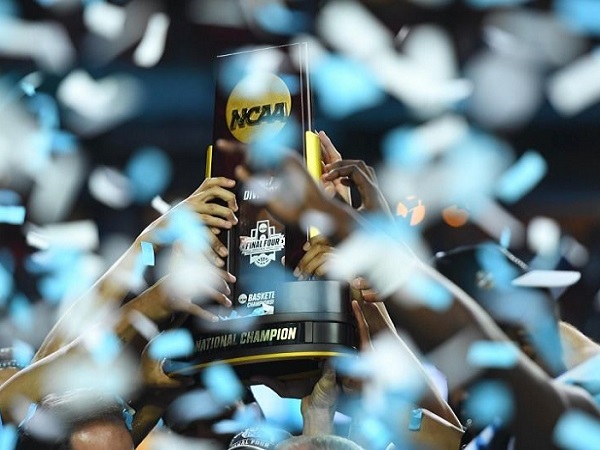TikTok is on the clock, tick tock . . .
The social media video platform sensation TikTok is loved by many as a way to share memories, coordinated dance moves, and laughs. It is used by entertainment, media, and sports talent and companies alike to reach audiences with their messages and brands. Like many social media type platforms, there are always the first and early adopters, followed by mass adoption, or at least steady growth if the platform is lucky enough to be accepted by the masses. However, TikTok is the first social platform to originate outside of United States.
In particular, TikTok began in China and is majority-owned by a Chinese company, ByteDance. Facebook, Instagram, Twitter, Snapchat, and LinkedIn are all American companies subject to American privacy laws and regulation. In fact, the U.S. Department of Justice (“DOJ”) is currently investigating many American-owned tech and social media platforms for antitrust violations.
Front Office Sports reports that TikTok’s predecessor Musical.ly was previously subject to scrutiny by the DOJ because it was alleged that the platform was being censored for political positions, ideas, and information (e.g., dissent and opposition) that the Communist party in China did not want distributed on the platform and in turn to its people. TikTok’s dilemma includes censorship concerns and more specifically centers around data privacy for American’s using the platform owned and controlled by a Chinese company that is subject to Chinese Communist Party regulation and reporting.
Hollywood is very familiar with this situation as studio executives have had to censor their films for content that the Chinese Communist Party disagrees with and seeks removal before distribution in the largest Asian market can occur. With the international box office in the billions of dollars each year, studios feel a need to yield to Chinese Communist Party demands to reach a larger audience. The National Basketball Association (“NBA”) is familiar as well with censorship as its games were removed from Chinese television because a team manager spoke out against human rights violations. In fact, the Federal Bureau of Investigation (“FBI”) recently held an investigation that led to the closure of the Chinese Consulate building in Houston, Texas, due to concerns of Chinese espionage in the health and oil industries.
Is time running out on TikTok? It looks that a couple things are happening. For one, TikTok is looking to find American investors to allow the company to have majority-ownership and more importantly corporate control stateside where consumers can enjoy free speech, privacy, and antitrust protections. Second, California’s Consumer Privacy Act (“CCPA”) is the beginning of a movement in America to regulate big tech, Hollywood, and social media companies from using consumer information to grow their businesses. That movement is now expanding overseas to subject companies that want to business here—and those same companies will need to do so according to the American rule of law and consumer protections.
This should be very familiar to companies like Google and subsidiary YouTube because Europe’s General Data Protection Regulation (“GDPR”) and platform-restrictions require more protection and liability when it comes to privacy and copyright laws than the United States does right now, collectively. Unless regulations and mandatory disclosures are in place, consumers and companies have been more and more willing to give up privacy in order to get more engagement (e.g., likes, shares, comments, etc.). It is a dangerous road to travel. One fraught with privacy concerns, litigation, investigations. Unless TikTok implements the necessary changes in the United States, it may follow the course of democracy India and ban the platform.























